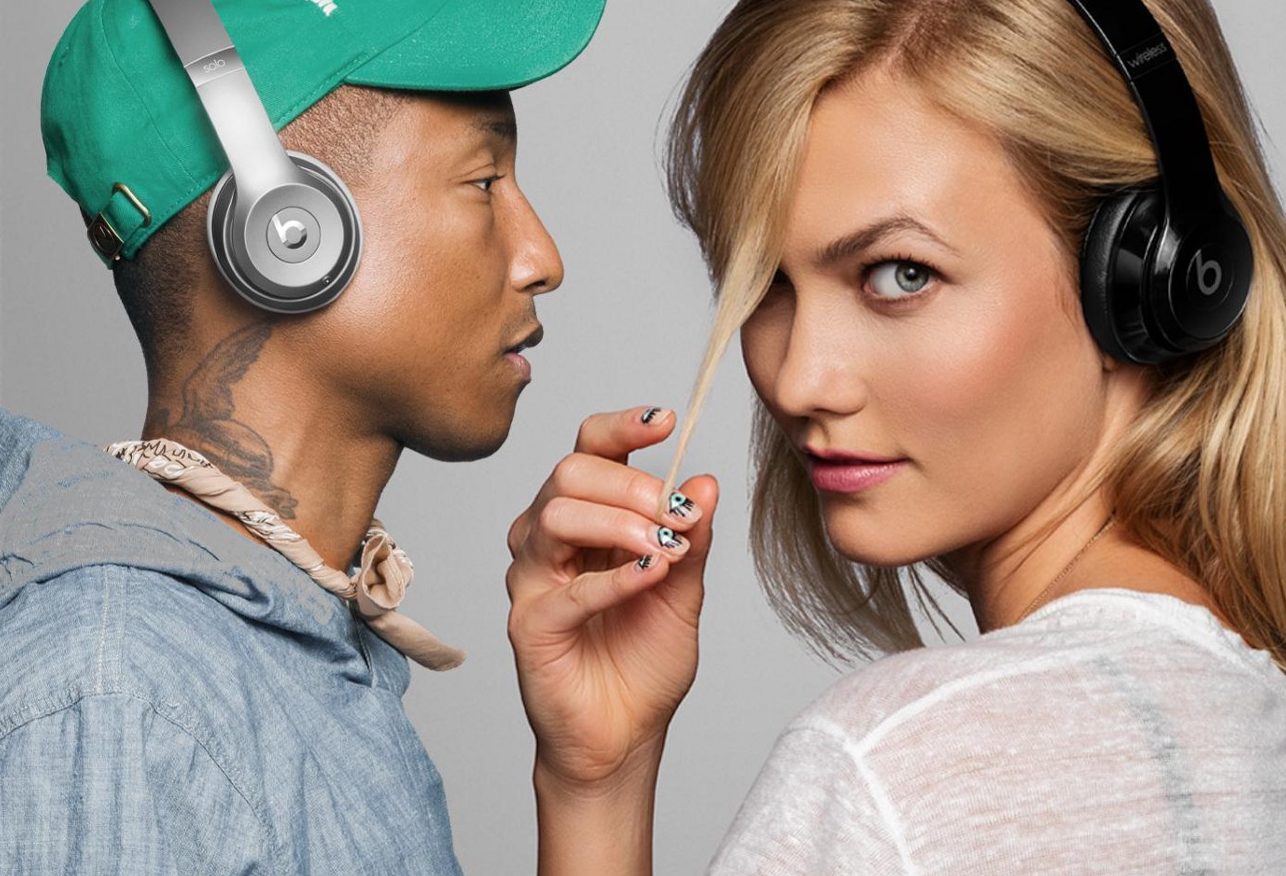
Apple and Amazon are coming under the microscope of Italy’s antitrust authority in connection with their alleged pattern of preventing unauthorized parties from reselling products on Amazon’s sweeping online marketplace. In a statement on Wednesday, the Italian Competition Authority (Autorità garante della concorrenza e del mercato) confirmed the probe, which is aimed at determining whether Apple and Amazon maintain an “anti-competitive agreement to prevent electronics retailers not included in Apple’s official program to sell” goods from its Beats headphones brand.
According to the Rome-headquartered Italian Competition Authority, a potential partnership between the two tech giants to control the market for Beats-branded products by restricting unauthorized third-parties from reselling them on Amazon’s third-party marketplace site could serve to “reduce competition due to the raising of barriers to … online sales markets to the detriment of unofficial retailers, [which] usually consist of small and medium-sized enterprises.” Such an arrangement could “lower the incentives for efficient competition on the prices of Apple and Beats products,” which would have “negative effects for consumers and businesses,” alike.
As Bloomberg reported on Wednesday, the probe by the Italian regulator comes as both Apple and Amazon are facing “in-depth scrutiny from the European Union’s antitrust authority in areas central to their business.” In June, the European Commission “opened multiple antitrust probes into Apple’s conduct, including rules requiring that app developers use its App Store payment service.” Meanwhile, Amazon has been at the center of a formal antitrust investigation by the Commission, as announced in July 2019. The Jeff Bezos-founded titan is expected to be subject to “a formal antitrust complaint in the coming weeks from EU regulators amid concerns the U.S. retail giant may be shortchanging smaller merchants who sell on its marketplace.”
The alleged attempts by the two American tech behemoths comes amid a larger push by brands to crack down on how and where their products are sold. This has taken the form of luxury brands like Chanel and Rolex filing lawsuits in the U.S. to counter the resale of products bearing their trademarks that have been altered. At the same time, in the EU, companies like Coty and Japanese luxury cosmetics brand Kanebo have been working overtime to limit the manner in which even their authorized retailers can sell their goods, with the focus being on marketplace sites like Amazon and the European equivalents of big-box giants, such as Walmart and Target.
The outcomes in this growing pool of cases are expected to have sweeping effects for brands and retailers, alike, as many continue to try to find ways to regain the level of control they once exercised over the distribution of their goods – and various related elements that come with that, such as exclusivity, price, merchandising, etc. – in light of the rise of marketplace platforms and resale-specific sites.
A December 2017 decision from the European Court of Justice, for instance – in which the court held that that “a supplier of luxury goods can prohibit its authorized distributors from selling those goods on a third-party internet platform such as Amazon,” as “such a prohibition is appropriate and does not, in principle, go beyond what is necessary to preserve the luxury image of the goods” – has been touted as have far-reaching consequences not only for the parties, U.S. cosmetics company Coty Inc. filed against fragrance distributor Parfümerie Akzente GmbH, but for selective distribution systems and third party platform more generally.
A representative for Amazon said the company is “fully collaborating with the authority,” while a rep for Apple was not immediately available for comment.


Leave a Reply